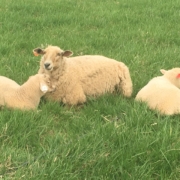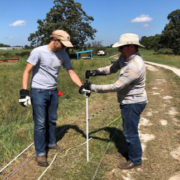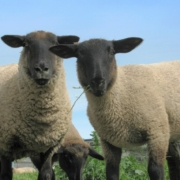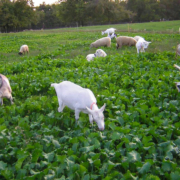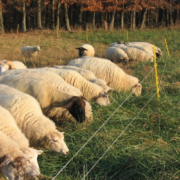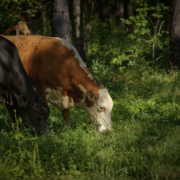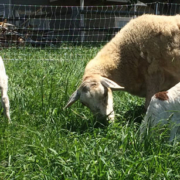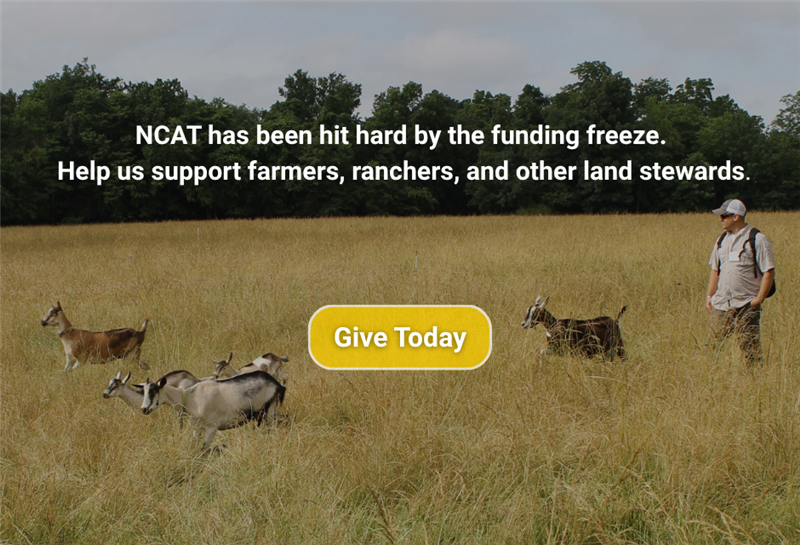Episode 159. Small Ruminants: All About Health
In this episode of Voices from the Field, Margo Hale, Director of NCAT’s Southeast Regional Office in Fayetteville, Arkansas, and Linda Coffey, Livestock Specialist with NCAT also located in Fayetteville, discuss ruminant health: how to encourage health, prevent illness, work with a veterinarian, and manage so that your flock or herd is mostly trouble-free.
They discuss tools and supplies they like to have on hand. They also share the contents of the first-aid kit of Dave and Jenny Scott, owners of Montana Highland Lamb. Dave is a Livestock Specialist in NCAT’s Rocky Mountain West Regional office in Butte, Montana.
For more information on this topic, you can contact Margo Hale directly at margoh@ncat.org or Linda Coffey at lindac@ncat.org.
Related ATTRA Resources:
Blog 6. Adaptive Grazing: You Can Do It
Tipsheet: Organic Approach to Animal Health
An Illustrated Guide to Sheep and Goats
Sheep and Goats: Frequently Asked Questions
Sheep: Sustainable and Organic Production
Meat Goats: Sustainable Production
Tips for: Working with a Veterinarian
Managing Internal Parasites: Success Stories
Tools for Managing Internal Parasites in Sheep and Goats: Pasture Management
Other Resources:
The American Consortium for Small Ruminant Parasite Control
The American Association of Small Ruminant Practitioners
Sheep and Goat Medicine, by Dr. D.G. Pugh
American Sheep Industry Association – Best Practices Factsheets
Please call ATTRA with any and all of your sustainable agriculture questions at 800-346-9140 or e-mail us at askanag@ncat.org. Our two dozen specialists can help you with a vast array of topics, everything from farm planning to pest management, from produce to livestock, and soils to aquaculture.
You can get in touch with NCAT/ATTRA specialists and find our other extensive, and free, sustainable-agriculture publications, webinars, videos, and other resources at NCAT/ATTRA’s website.
You can also stay in touch with NCAT at its Facebook page.



